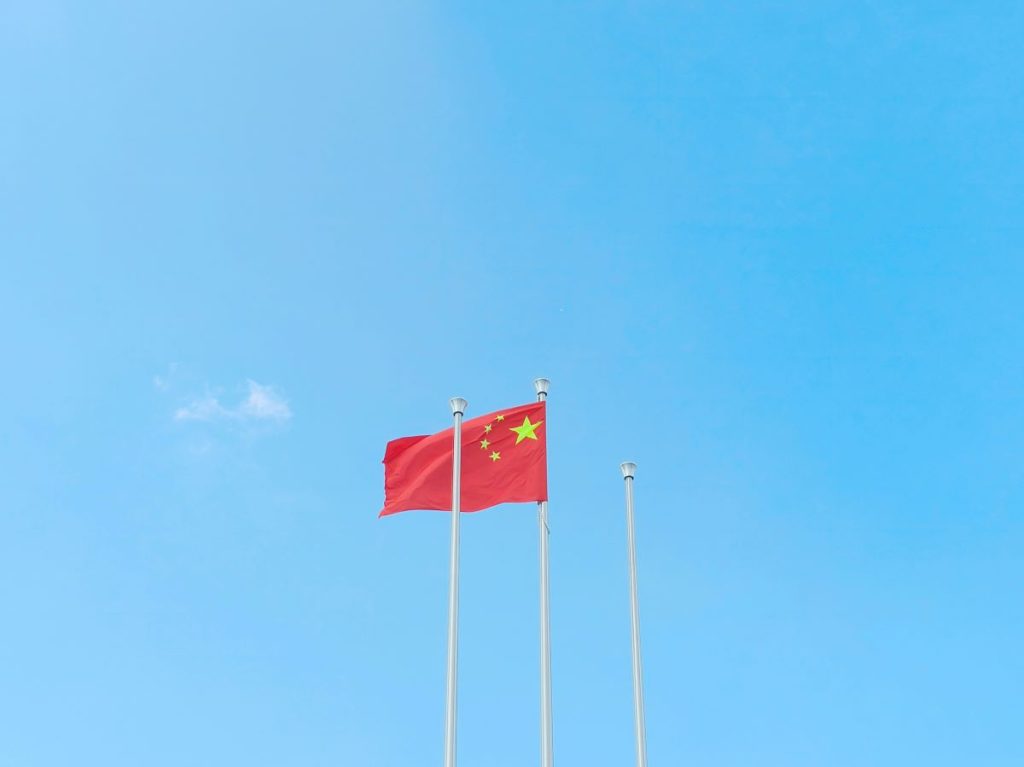Export Restrictions Target Defense and Technology Sectors Amid Rising Geopolitical Strains
China has intensified trade tensions with the U.S., introducing new export controls targeting key American firms like Raytheon, Boeing, and Lockheed Martin. A total of 28 companies have been added to an export control list by China’s Ministry of Commerce, citing national security concerns. These measures, which ban the export of dual-use technologies—products with both civilian and military applications—come just weeks before a pivotal shift in U.S. leadership as Donald Trump takes office.
China’s Retaliatory Measures Signal a Shift
In addition to the export restrictions, China has named 10 U.S. firms to its “unreliable entities” list, citing their involvement in arms sales to Taiwan. Companies on this list face bans on doing business in China, while their executives are prohibited from entering the country. These moves are part of a broader strategy aimed at countering U.S. influence in critical areas, particularly defense and technology.
The restrictions underscore a growing divide between the two economic superpowers. In December, China also launched an investigation into Nvidia, a leading U.S. chipmaker, over potential violations of its anti-monopoly laws—a move viewed by analysts as another retaliatory step.
Trade War Looms on the Horizon
With tensions escalating, the prospect of a costly trade war appears increasingly likely. Trump’s administration has signaled its willingness to impose new tariffs on Chinese imports, a stance that could further strain the already delicate relationship between the two nations. China, in turn, has ramped up its rhetoric and actions, indicating a readiness to respond with sanctions and additional controls of its own.
The implications of these developments are significant for global trade networks. Many U.S. firms rely on China not only as a key supplier but also as a vital market for their goods. Export bans on dual-use technologies could disrupt critical sectors, including aerospace, defense, and semiconductors, creating ripple effects across industries.
Navigating Uncertainty in a Divided Global Economy
These latest trade measures reflect the increasingly complex geopolitical landscape that businesses must navigate. The inclusion of U.S. firms on China’s export control and unreliable entities lists highlights a growing trend of economic decoupling, where countries prioritize self-reliance over interdependence.
This presents a dual challenge: mitigating immediate disruptions while preparing for long-term shifts in trade policies. Diversifying suppliers and markets, investing in alternative manufacturing hubs, and strengthening regional trade networks are critical strategies for reducing exposure to geopolitical risks.
However, the broader concern is the potential fragmentation of global trade systems. If the current trajectory continues, businesses may face a future where trade becomes increasingly siloed along geopolitical lines. While such scenarios may offer opportunities for localized production, they could also limit innovation and raise costs for consumers.
The stakes are high, and the path forward remains uncertain. Businesses must focus on fostering resilience through strategic diversification and innovation, ensuring they can adapt to an increasingly fragmented global trade environment while mitigating risks associated with geopolitical tensions.








